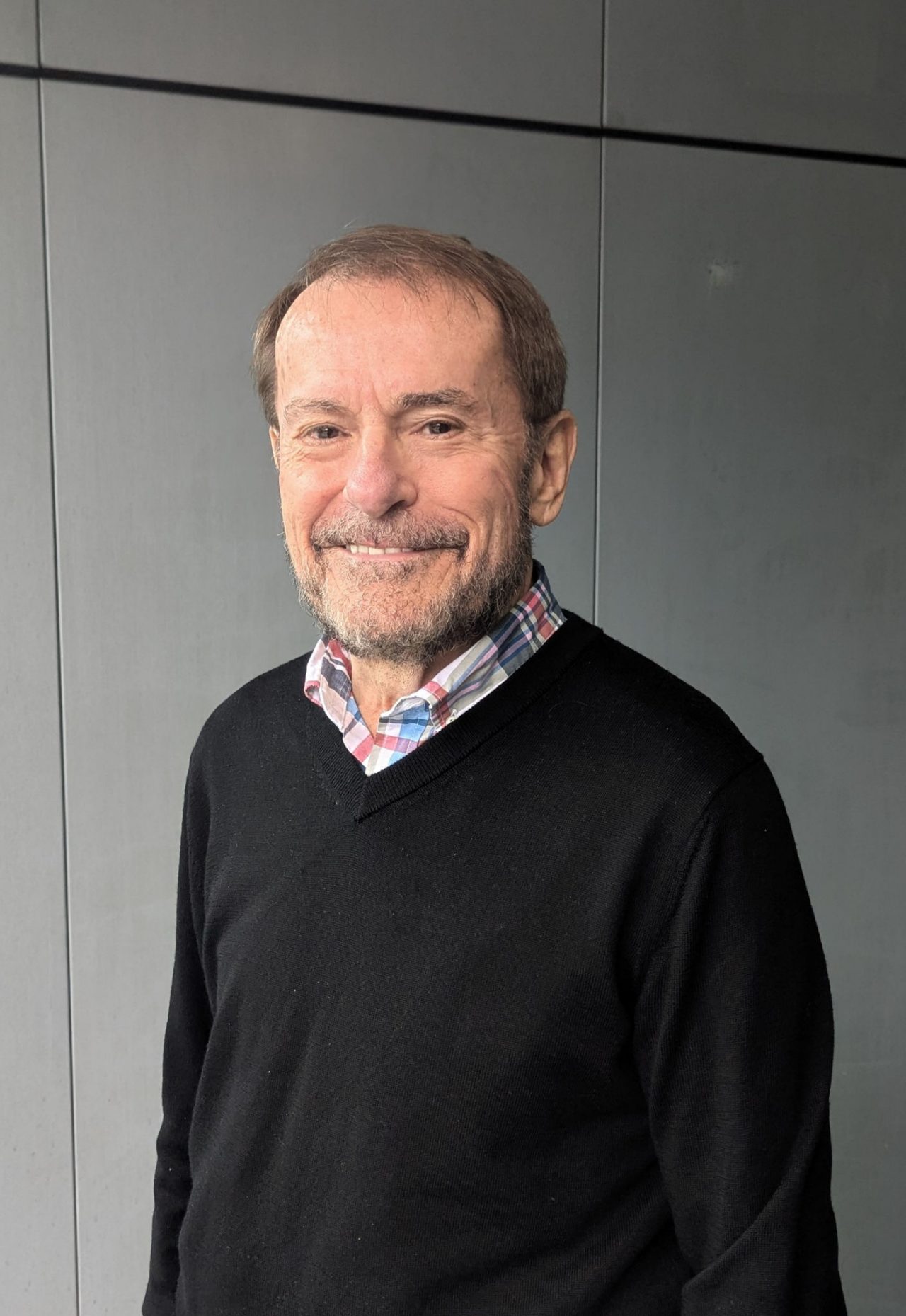- My MOC
- Directory
Menu
 3 MIN READ
3 MIN READ
Early in his medical career, Michael Rekart, MD, FRCPC, MHSc, decided to go overseas to tackle infectious disease. As he completed training on tropical diseases in Los Angeles, he asked others in the field where he should go. “Just don’t go to Sudan,” was the common response, due to the difficult conditions. So, that’s where he went.
“I joined a small NGO in eastern Sudan during the Ethiopian Civil War,” he says. “There were millions of refugees in eastern Sudan, and the World Health Organization set up camps. There was no electricity, no clean water, no Internet, and it was 45 degrees every afternoon. That was a tough one, but it was sort of what I needed to do.”
That was the start of his decades of transformative contributions to global health. In recognition of his service and impact, Dr. Rekart is the recipient of the 2025 Teasdale-Corti Humanitarian Award.

Dr. Michael Rekart (submitted photo)
Today, Dr. Rekart is a clinical professor at the University of British Columbia’s School of Population and Public Health and a clinic physician with the Provincial Tuberculosis Control Program at the British Columbia Centre for Disease Control (BCCDC).
“Dr. Rekart is an exemplary figure in global health, whose career is distinguished by profound dedication to humanitarian work, innovative public health solutions, and an unwavering commitment to improving health outcomes for underserved populations around the world,” says Linda M. N. Hoang, MD, FRCPC, his colleague at the BCCDC.
After his time in Sudan, Dr. Rekart started a family and came to Canada. “And then I was lucky enough to get a good job at the BCCDC in 1985. I had the same job for 25 years.”
Colleagues hold Dr. Rekart in high regard for his contributions at the BCCDC.
“Dr. Rekart spearheaded critical innovations such as the Vancouver Street Nurse Program and the Chee Mamuk Aboriginal HIV/STI education program, shaping one of Canada’s leading HIV/AIDS prevention efforts,” says UBC clinical professor Richard Elwood, MD, FRCPC.
His interest in tropical diseases and making a difference overseas didn’t wane during that time. “We had a large seed grant in southern Vietnam for about 10 years, researching sexually transmitted infections and low-income sex workers,” says Dr. Rekart. “So, I used to go back and forth with a team of trainers.”
His innovative contributions in Vietnam saved lives. Dr. Rekart developed a “comprehensive, decade-long HIV/STI prevention and control initiative funded by the Canadian International Development Agency. First, the Café Hy Vong, which translates to ‘place of hope,’ became a model for providing health care and harm reduction services to marginalized populations,” says B.C. Provincial Health Officer Bonnie Henry, O.C., MD, FRCPC. “Dr. Rekart then sought to expand his efforts by leading the HIV/STI Community Clinics Network, making a significant impact on STI/HIV diagnosis, treatment and prevention in three Mekong provinces.”
In 2010, he retired from the BCCDC but continued working at UBC’s School of Population and Public Health. The pull to contribute his expertise overseas continued.
Deciding to act on that calling at age 65, however, introduced a new challenge: ageism.
“It wasn't as easy as I thought” to make the transition back to overseas work, he says. “There's a lot of ageism in the workplace and even in the global health workplace.”
After applying for positions with various organizations and getting no response, he finally found an open door with Médecins Sans Frontières (MSF), which translates to Doctors Without Borders.
“That started me off on a career with MSF; I was there for 11 years and enjoyed all of it. MSF is a good place for anybody, but especially for semi-retirees like me.”
With MSF, Dr. Rekart took part in the Ebola responses in Sierra Leone, South Sudan and Uganda, “where he thrust himself into an entry-level frontline, resource-limited health care environment on his first MSF mission,” says Dr. Henry. “Over the ensuing 11 years, he participated in 10 MSF missions across 10 countries, serving people with the goal of making meaningful change to health disparities and, most importantly, to the health of people who were suffering and had so little.”
“His career has been marked by an unwavering commitment to improving health care for vulnerable populations, advancing public health initiatives, and mentoring the next generation of global health professionals,” adds Dr. Henry.